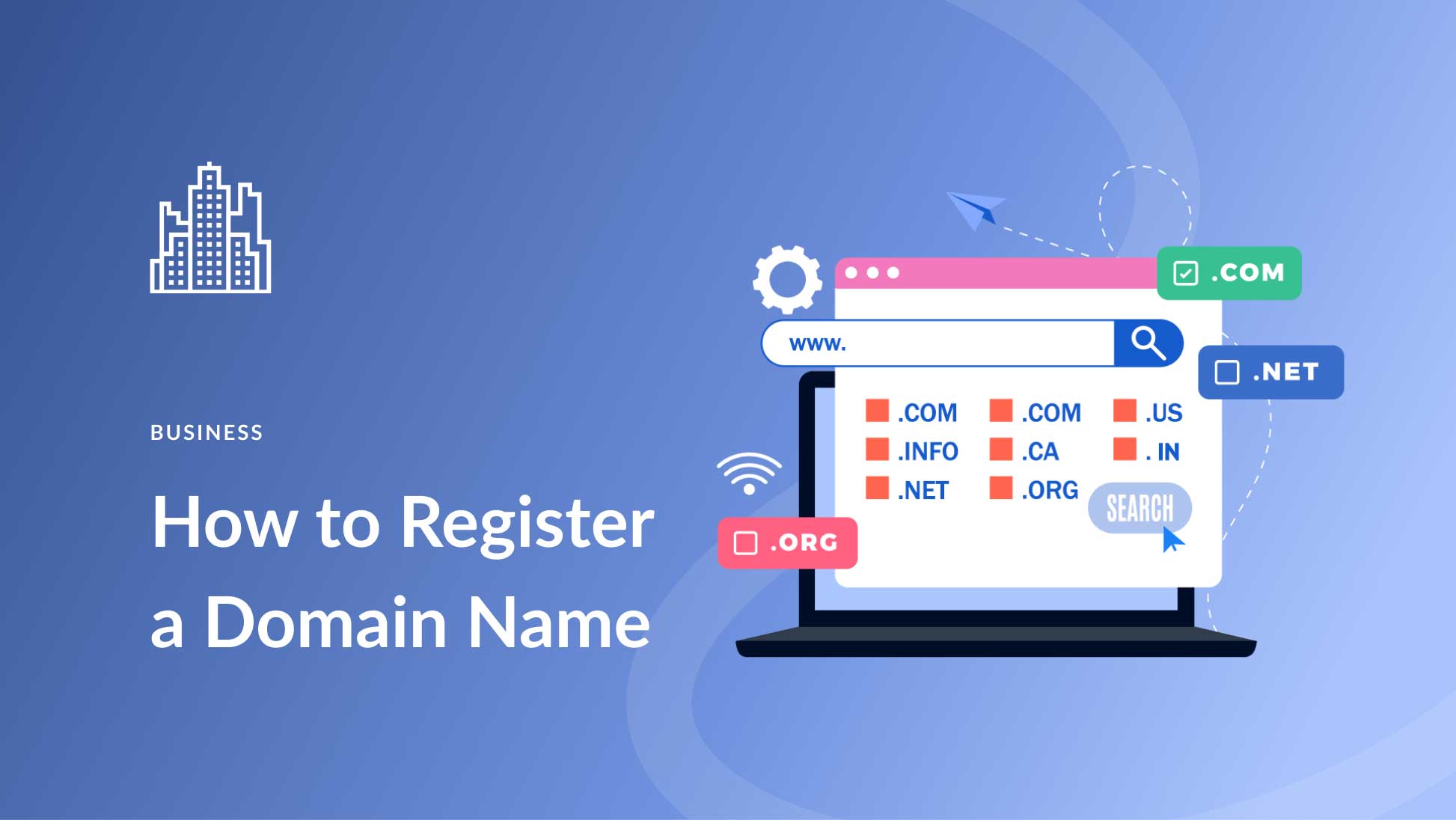To buy a domain name, select a reliable registrar and check for domain availability. Complete the purchase by registering the domain and making payment.
Securing the perfect domain name is pivotal for establishing an online presence, whether it’s for a business, blog, or personal project. The process begins with a domain name search to ensure your desired name is not already taken. Top registrars like GoDaddy, Namecheap, and Google Domains offer easy search tools for this purpose.
Once you find an available name, it’s important to choose the right domain extension, such as. com,. org, or. net, which can impact how users perceive your website. The registration process is straightforward, typically involving the selection of the registration period and providing your contact information. It’s critical to consider additional services like privacy protection and email hosting, which add value and security to your domain name investment. After finalizing these selections, you can confirm your purchase to own the digital real estate that will serve as your brand’s home online.

Credit: www.elegantthemes.com
Choosing The Right Domain Name
Choosing the right domain name is crucial for establishing a strong online presence. A well-chosen domain can enhance brand recognition and influence user perception. To select the best domain name, consider its length and simplicity; shorter, straightforward names are generally more memorable. Additionally, incorporating relevant keywords can improve search engine optimization (SEO), potentially increasing website traffic. It’s also advisable to choose a domain name that is easy to spell and pronounce to avoid confusion.
Top-level domains (TLDs), like .com or .org, are the most recognized and should be prioritized when possible. Steer clear of numbers and hyphens, as they tend to complicate the domain and make it less intuitive.
| Tip | Reason |
|---|---|
| Keep it Short | Enhances memorability and ease of typing |
| Relevant Keywords | Improves SEO and communicates niche |
| Avoid Hyphens and Numbers | Prevents confusion and complexity |
| Intuitive Spelling | Facilitates word-of-mouth marketing |
Understanding Domain Name Registrars
A domain name registrar is an organization or commercial entity that manages the reservation of internet domain names. It is responsible for maintaining a directory of domain names and the associated IP addresses, and it typically offers tools to help users search for and register available domain names.
There are numerous registrars available, each with differing services, prices, and reputations. Some of the most popular domain name registrars include GoDaddy, Namecheap, and Network Solutions. These registrars are often praised for their combination of pricing, customer service, and additional services such as hosting or website builders.
Choosing a domain registrar necessitates evaluating several factors. Consider the registrar’s track record, the availability of customer support, the ease of transfer in and out of the service, and any additional services provided. Users should also compare registration and renewal costs, the existence of any hidden fees, and the level of control provided in the domain management interface.
Steps To Purchase A Domain Name
Checking the availability of a domain name is the first crucial step in securing the online identity for your business or personal brand. Utilize trusted domain registrars or availability check tools to ensure the desired domain name is not already taken. This process typically involves inputting your preferred name into a search field and receiving immediate feedback on its availability.
Upon finding an available domain, you will move on to registering your domain name. This process includes selecting a registration term, which can range from one to several years, and providing registrant information. It’s essential to choose a reputable registrar that offers competitive pricing, effective customer support, and additional services like privacy protection.
| Consideration | Details |
|---|---|
| TLD Selection | Choose the right Top-Level Domain (TLD) that fits your brand. |
| Domain Privacy | Consider privacy options to protect your personal information. |
| Renewal Policies | Understand the renewal terms to avoid losing your domain. |
Remember to factor in any additional considerations before finalizing your domain name purchase. These can include future-proofing your domain to ensure it aligns with your long-term brand strategy, and understanding the transfer policies should you ever need to change registrars. Keeping these points in mind will help secure a domain name that’s a perfect fit for your online presence.
Read More: Elementor Reviews
Frequently Asked Questions Of How To Buy A Domain Name?
How Do I Permanently Buy A Domain Name?
To permanently buy a domain name, register it with a credible registrar and renew it before expiration. Choose an extended registration period or enable auto-renewal for hassle-free ownership.
What Is The Best Way To Buy A Domain Name?
To buy a domain name effectively, choose a reliable registrar, compare prices, ensure they offer good customer support, check for hidden fees, and review the renewal rates and transfer policies.
How Do I Legally Buy A Domain Name?
To legally buy a domain name, choose a reputable registrar, search for the domain’s availability, select it, and complete the purchase through the registrar’s checkout process, ensuring you adhere to any ownership verification steps required.
How Much Does It Cost To Purchase A Domain?
Domain purchase costs vary, typically ranging from $10 to $20 annually for standard domains. Premium domain names can command significantly higher prices.
Conclusion
Securing the right domain name is a cornerstone of your online identity. Careful consideration and research go a long way. Remember these steps to make an informed decision. A smart, memorable domain sets the stage for your digital success. Start your journey online with confidence and a name that resonates.




